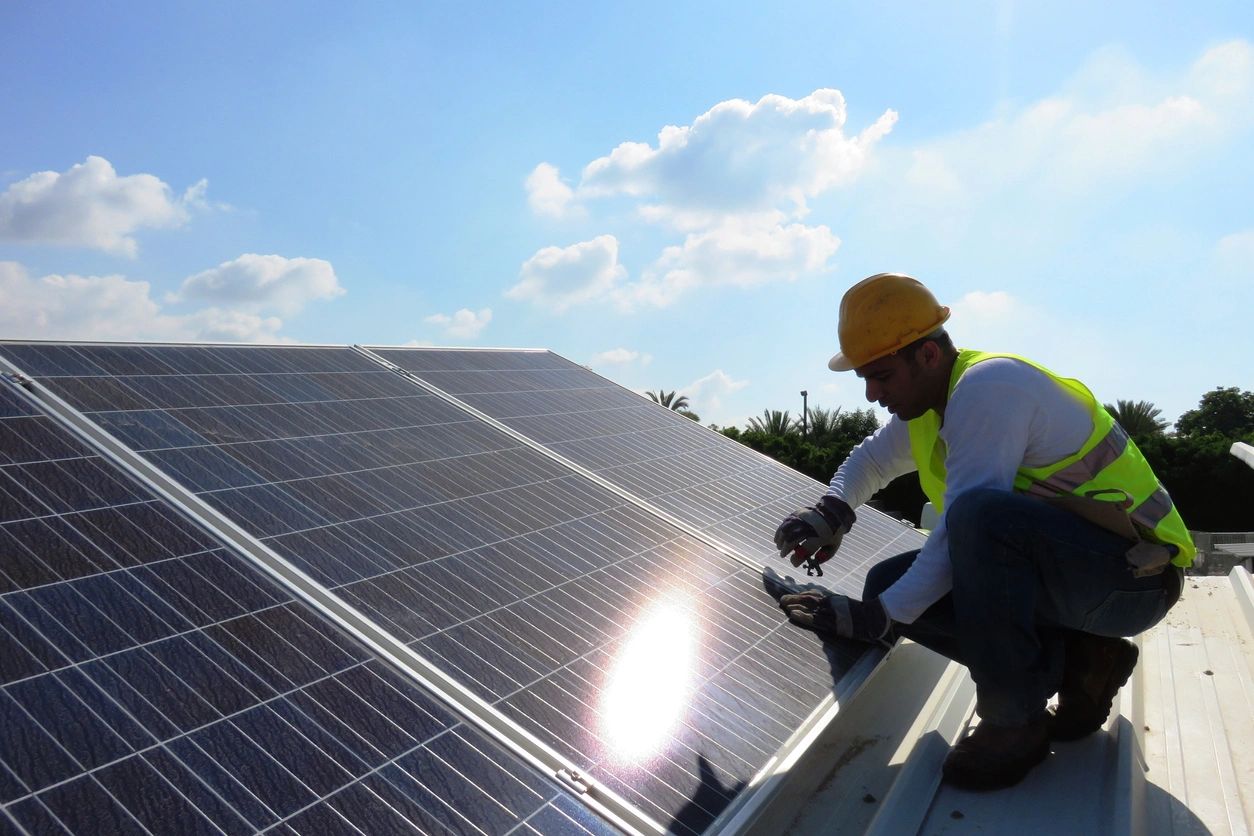The Cour des Comptes, France’s supreme audit institution, has focused in a new report on the financial and economic aspects of the implementation of the nuclear energy development plans presented by the government in 2022. The report highlights that despite progress in resuming the development of nuclear energy, key issues related to the financing and profitability of the projects remain unresolved.
Financial risks and uncertainties:
Lack of a clear financing plan: The EPR2 program, which envisages the construction of 6 to 14 new reactors, still does not have a final cost estimate and an approved financing plan. This creates significant risks for attracting investment and private participation.
The Cour des Comptes notes that the financing conditions for the EPR2 program remain uncertain and will take at least a year after they are clarified to obtain approval from the European Commission. These delays reduce the attractiveness of the project to the market and make it difficult to obtain the necessary financing.
High project costs and cost overruns:
An example of the financial problems is the Flamanville 3 project, whose cost has increased from an initial €3.3 billion in 2006 to €22.6 billion by the end of construction in 2024. However, as The Cour des Comptes notes, this figure does not include additional costs such as operating costs, dismantling, waste disposal, risk coverage and the cost of loans taken out during the COVID-19 pandemic. Taking these factors into account, the total cost exceeds €23.7 billion.
For Flamanville 3 to achieve a 4% profitability, the electricity price would need to be €138 per megawatt hour (MWh) with a capacity factor of 75%. At current market prices (less than €90/MWh), the project’s profitability would be extremely low, making it uneconomic.
EDF’s financial situation:
The state-owned energy company EDF, responsible for implementing the EPR2 program, continues to experience financial difficulties. In 2023, the company was forced to write off €11.5 billion due to depreciation of an asset related to the Hinkley Point C project in the UK. This has significantly worsened EDF’s financial results.
The Cour des Comptes recommends refraining from new large investments, such as the Sizewell C project in the UK, until the financial risks associated with current projects have been reduced.
Economic challenges:
Profitability of the EPR2 program: The expected profitability of the EPR2 program remains in question. The Court of Auditors emphasizes that, given the current market conditions and the uncertainty in financing, achieving even a minimum return of 2% seems unlikely. This calls into question the economic viability of the program.
To achieve a 4% return at 85% capacity factor, the electricity price would need to be 122 EUR/MWh, which is significantly higher than current market prices.
Problems with overseas projects: EPR reactors built in China and Finland have suffered technical problems, which have led to significant financial losses and damaged the reputation of the EPR2 programme. These problems have also had a negative impact on the economic attractiveness of new projects.
The Hinkley Point C project in the UK, implemented by EDF, has already led to significant financial losses and requires additional risk mitigation measures before starting new projects such as Sizewell C.
The Cour des Comptes’ recommendations:
- Clarify the financial terms: A clear plan for financing the EPR2 programme should be developed and transparency regarding costs and risks should be ensured.
- Cost management: Improve project management to avoid cost overruns and delays, which were observed in the Flamanville 3, Hinkley Point C and Olkiluoto projects.
- EDF’s financial recovery: Strengthen EDF’s financial position before embarking on new major projects such as Sizewell C.
- Economic feasibility: Provide realistic estimates of the profitability of projects, taking into account current market conditions and the cost of financing.
Conclusion:
The Cour des Comptes’ report highlights that without addressing key financial and economic issues, the EPR2 programme will be highly risky. Uncertainty in financing, high project costs and EDF’s weak financial position cast doubt on whether the programme’s objectives can be achieved. To successfully implement the nuclear energy plans, these weaknesses must be urgently addressed and future projects must be placed on a sustainable economic basis.









